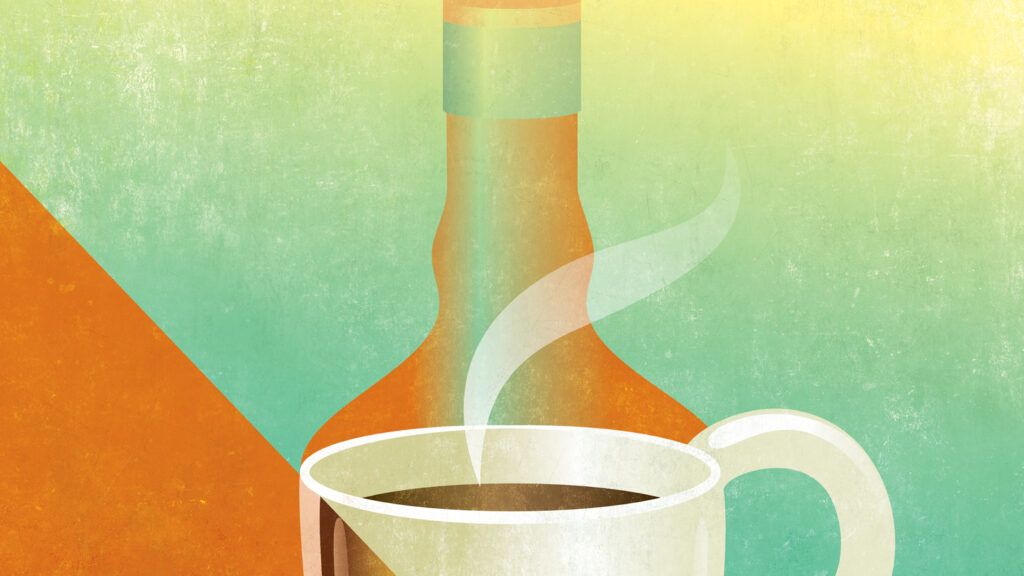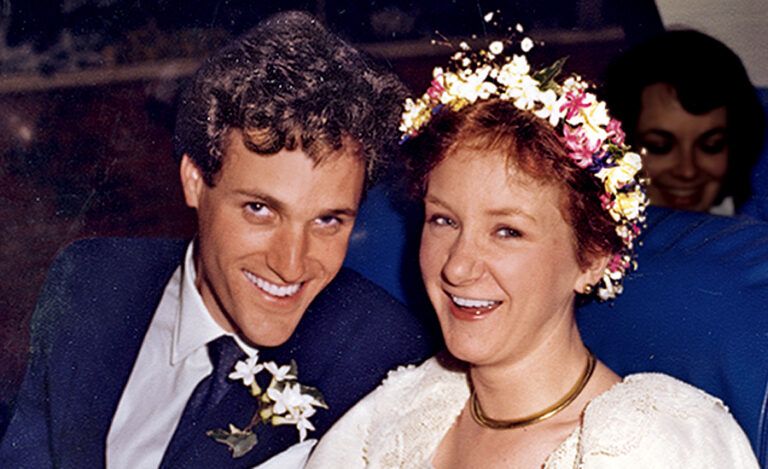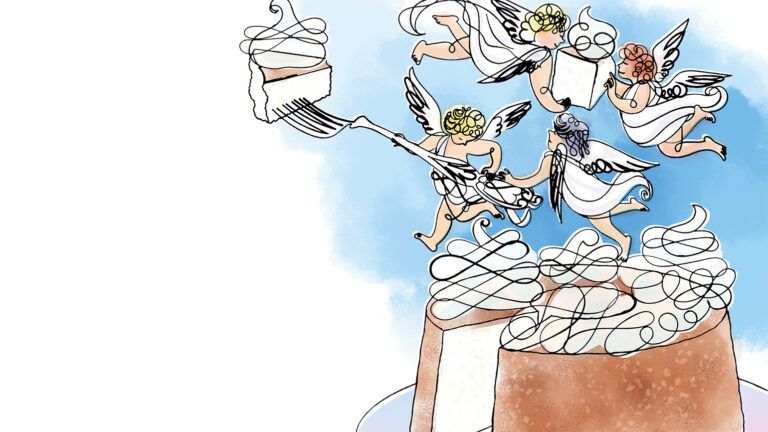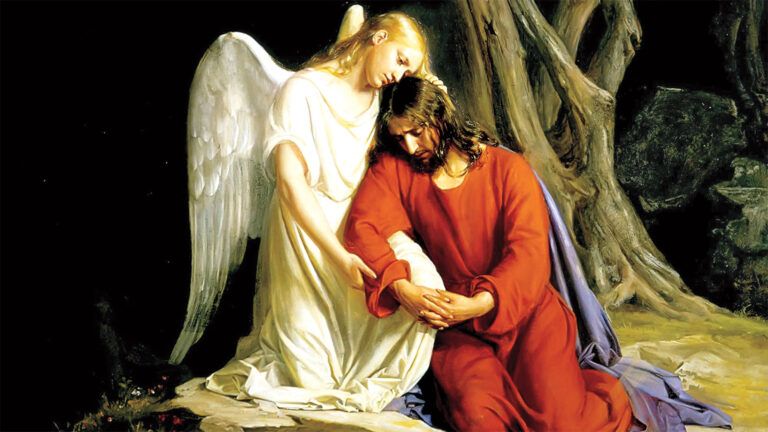A lot had changed in the United States since I’d left in 1962 to live in Uganda, where I worked as a laboratory technologist with a group of Medical Mission Sisters. Now, six years later, I’d been transferred home to the States and was enrolled in an intensive summer program at Loyola University in New Orleans, studying public relations. I hoped to be of service to the Sisters in a new capacity. But I had to catch up when it came to American culture.
I’ve missed a lot, I thought one evening as my last class came to an end. People seemed more open to talking about things that used to be considered private affairs, and I wondered if that openness might have made some difference in my father’s life. He had died while I was out of the country.
Packing up my notebooks, I tried to focus on my many happy memories of him—the long walks we took together, all the times he encouraged me in my schoolwork, the way he was always interested in hearing my thoughts on any subject. But there was one aspect of my relationship with my father with which I couldn’t make peace.
Dad was an alcoholic. Not that I could have put a name to it back then, or ever heard anyone talk about the disease. Growing up, I only knew something wasn’t right in our household and I was desperate to fix it.
One evening when I was 10 years old, my mom went out. Dad was expecting a guest. He’d left a bottle of liquor on the kitchen sideboard for the two of them. When nobody was looking, I took the bottle and hid it. “Have you seen the bottle that was here?” Dad asked when his guest arrived.
“No,” I said. Dad asked again. And a third time. Each time I denied taking it. Just like Peter, I’d lied three times and went to bed filled with guilt.
“I know you were trying to help,” my mother told me the next day, “but you cannot lie to your father. You have to tell him you’re sorry.”
Dad didn’t get angry when I confessed. “It’s all right,” he said quietly. But I could see that everything was far from all right. His eyes were full of forgiveness for me, but they held such sorrow as well. Sorrow I didn’t know how to relieve.
Our family never talked about Dad’s drinking, and it continued. I hid my own sadness around Dad’s problem the same way I had hidden that bottle on the sideboard. Eventually, when I was old enough to leave home, I felt called to a new life of silence, prayer and liturgy with deeper spiritual roots. I completed training as a medical technologist, knowing I would be able to help others wherever assigned—in a way I hadn’t been able to help Dad.
Now back in the United States from Uganda, I had a whole new course of study to lose myself in for the summer. I listened to lectures from top public relations professionals from across the country, learned to write press releases, studied radio programming and helped produce a live TV segment. I knew Dad would have been proud.
Many of the other people in the program were diocesan PR directors. One of them was a delightful priest from New York. Father Joe had a friend who lived in town, and she introduced us to the best coffee shops and ice cream parlors New Orleans had to offer. The other priests teased Father Joe about going “out on the town” with two women, and we all had a good laugh. After a long day of classes, I enjoyed our threesome, sharing about my work in Uganda, learning about Father Joe’s life in New York and discovering more about this colorful city from his friend. I could just relax over coffee and be myself. For some reason, that felt like enough.
Father Joe and I kept in touch after the summer ended. A year later both of us attended the annual Catholic Press Association conference in Chicago. “Let’s meet for coffee before I catch my plane back,” he said on the last day.
He seemed uncharacteristically nervous when we sat down at the table, as if he had something to say and didn’t quite know how to begin. “I really wanted to talk to you, Darrah,” he finally said. “I wanted to thank you.”
“Thank me?” I couldn’t imagine for what.
“You see, I’m a recovering alcoholic,” Father Joe said. “When I went to New Orleans last year, I had flown in directly from Guest House in Detroit.”
I knew that Guest House ran recovery programs for people, especially clergy, who were struggling with addiction. I had no idea of Father Joe’s personal struggle. He saw that I was still confused as to why he should thank me for anything.
“Your friendship meant a great deal to me,” Father Joe said. “I wanted you to know how much.” He took a sip of his coffee and set the cup back in its saucer. “You helped just by being there.”
Long after Father Joe left in a taxi, I thought about what he’d said. Somehow, unwittingly, I was enough. As I let that sink in, the regret I’d carried since childhood fell away and I felt a great burden lift from my shoulders.
All those happy times with my father shone bright in my memory, free from the cloud of sadness that had hung over them all these years. My father must have been proud to see I finally realized that being a loving daughter had always been enough.
For more angelic stories, subscribe to Angels on Earth magazine.






